
North Herefordshire Green MP Ellie Chowns did not vote to oppose the government’s planned tax rise on farms – despite speaking in support of the county’s farmers as the vote was called.
Just ahead of the vote late yesterday afternoon (December 4), Dr Chowns had said in a concurrent Westminster Hall debate that among issues raised with her by local farmers was a lack of long-term clarity on support for the sector.
“What we need is a significant ramping up of Government support for farming,” she said.
“We need far more investment in environmental land management schemes, as well as the long-term certainty that farmers need to make decisions to put land into those schemes.”
Farmers also want “a more even balance of power between farmers and supermarkets”, she added.
And she also called for clear Government regulation on “farm-washing, whereby supermarkets pretend that their food is grown on lovely family farms all over the UK when, in fact, nothing could be further from the truth”.
Meanwhile schools should “provide universal free school meals based on the procurement of local, sustainably grown food”.
She was cut short by the division in the Commons on a Conservative motion to oppose the government’s tax rise on farms, which resulted in 181 votes in support but 339 votes, all but nine Labour, against.
Two of Parliament’s four Green MPs were among those voting with the government to oppose the motion, while a third, like Dr Chowns, did not record a vote.
Conservative MP for Hereford and South Herefordshire Jesse Norman voted for the motion, though party leader Kemi Badenoch abstained.
Dr Chowns was asked to comment.
Meanwhile Herefordshire farmer and NFU county chair Martin Williams, a constituent of Dr Chowns’, said on GB News that he welcomed the debate and subsequent vote, and the fact that the 69 Labour MPs abstained from it “sent a powerful message”.
There is still “huge anger in the countryside” over the issue, he said.
“It seems so short-sighted of the government not to listen to the figures they’ve been given. But they asked the wrong question.”
This had drawn a figure of just 500 farms affected each year by the planned new levying of inheritance tax on farms worth over £1 million.
“But they got this wholly wrong,” he said.


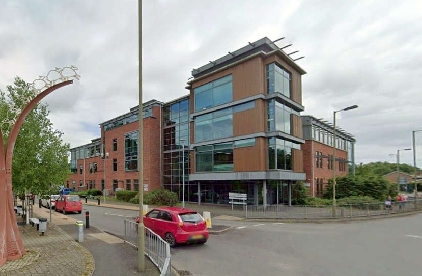 Social landlord plans staff cuts
Social landlord plans staff cuts
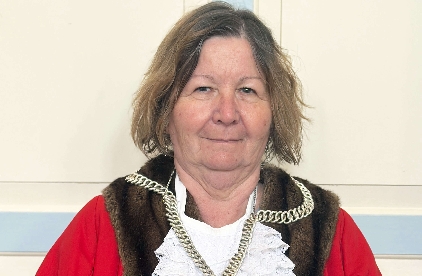 Town council hopes to ‘draw line in the sand’ over collapsed 13th century wall
Town council hopes to ‘draw line in the sand’ over collapsed 13th century wall
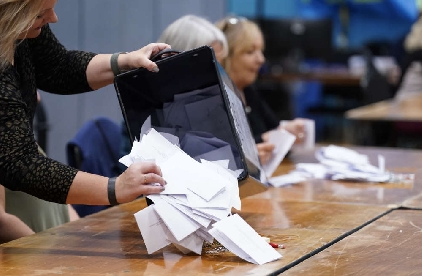 Reform candidate responds to Green party challenge over business connections
Reform candidate responds to Green party challenge over business connections
 Estate plans place for nervous dogs to go for a walk
Estate plans place for nervous dogs to go for a walk
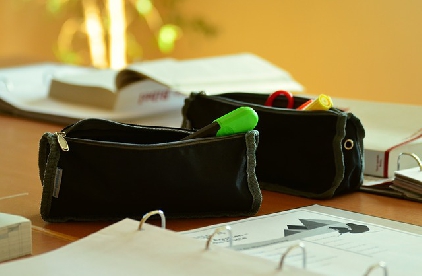 More than 99% of children in Shropshire offered place at preferred primary school
More than 99% of children in Shropshire offered place at preferred primary school
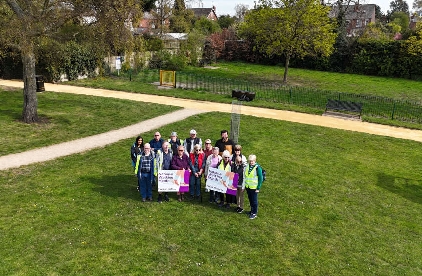 Get ready to walk this May and enjoy the 'Walk This May Challenge'
Get ready to walk this May and enjoy the 'Walk This May Challenge'
 New EV charging points planned for Hereford, Leominster and Kington
New EV charging points planned for Hereford, Leominster and Kington
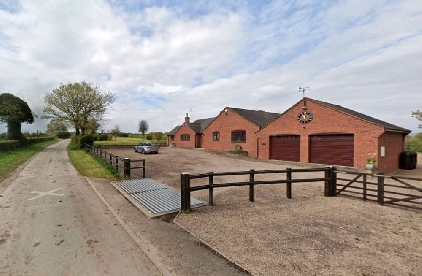 Non-farmers win fight to remove rule from house
Non-farmers win fight to remove rule from house
